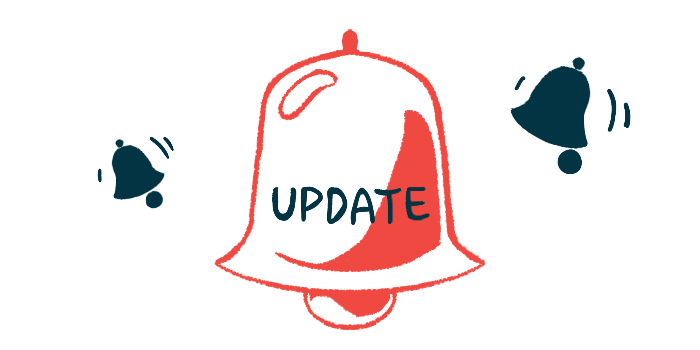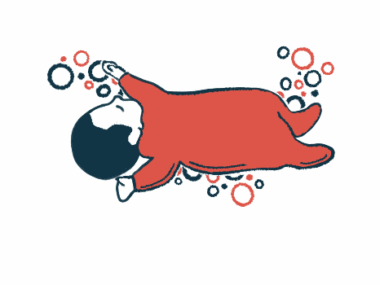FDA lifts its partial hold on zorevunersen, Phase 3 trial possible
Fewer seizures seen in early trials of therapy, previously called STK-001
Written by |

The U.S. Food and Drug Administration (FDA) has lifted its partial clinical hold on higher doses of zorevunersen, an experimental treatment for Dravet syndrome currently being tested in Phase 1/2 trials.
The FDA placed the hold based on preclinical data in 2020, limiting dosing of zorevunersen in studies taking place in the U.S. Since then, the agency has gradually allowed higher doses to be tested, and now it has lifted the hold entirely.
With this decision, Stoke Therapeutics is working to advance its potentially disease-modifying therapy into a registrational Phase 3 trial, which could serve as a basis for regulatory approvals if results are positive. Pending discussions with the FDA and other regulatory agencies, Stoke is hoping to have plans for the Phase 3 study in place by the close of 2024.
Zorevunersen being evaluated in Phase 1/2 extension studies in US, UK
“We thank the FDA for working with us to remove the Partial Clinical Hold and look forward to continuing our discussions with them and with other global regulatory agencies toward the goal of agreeing on a single, global Phase 3 registrational study design by year-end,” Edward M. Kaye, MD, Stoke’s CEO, said in a company press release.
Dravet syndrome is caused by mutations in the SCN1A gene. Everyone inherits two copies of this gene, one from each biological parent. People with Dravet syndrome typically have one mutated gene and a second healthy copy.
Zorevunersen, previously known as STK-001, is designed to ease Dravet symptoms by increasing the activity of the healthy gene copy, thereby helping to compensate for the disease-causing mutation.
“We continue to receive strong support and hear a great sense of urgency for zorevunersen among the Dravet syndrome community, including families, caregivers and clinicians,” Kaye said.
In the U.S., zorevunersen was tested in children and teenagers with Dravet syndrome in a Phase 1/2 open-label study called MONARCH (NCT04442295), which concluded in April. Its long-term extension study, SWALLOWTAIL (NCT04740476), is ongoing. Two equivalent trials in the U.K. are ADMIRAL (ISRCTN99651026), which is also completed, and its extension, LONGWING (ISRCTN12811235), which is ongoing.
Stoke recently announced new data from these studies demonstrating that zorevunersen, given on top of standard anti-seizure medications, reduced the frequency of seizures due to Dravet. Its use also led to improvements in cognition and behavior relative to what is typically seen in young people with this syndrome.
“The landmark data announced earlier this year provide strong support for zorevunersen as the first potential disease-modifying medicine for the treatment of Dravet syndrome by showing marked reductions in seizures and improvements in cognition and behavior in a heavily treated patient population,” Kaye said.






